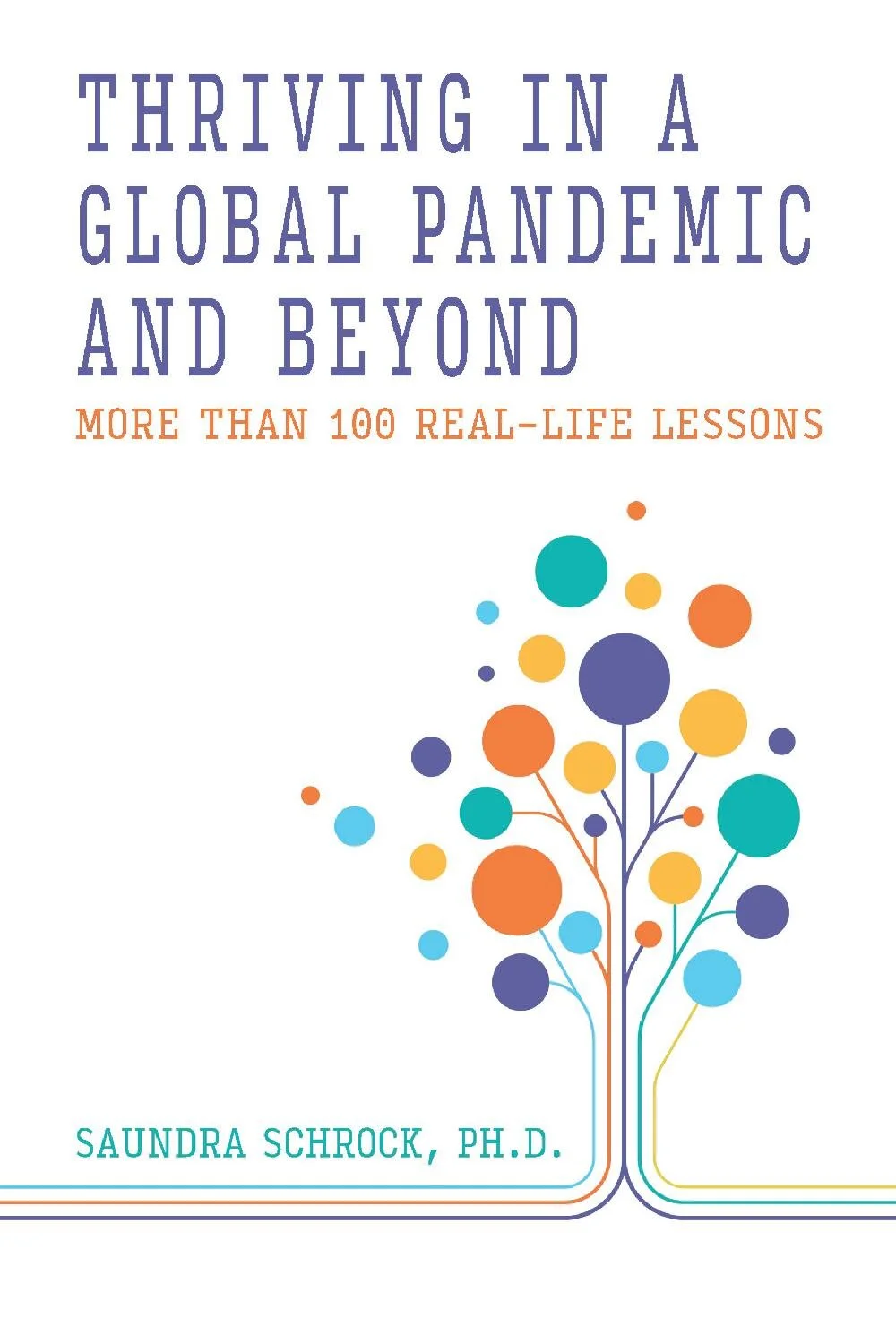Feeling Blah? Cure #1: A Sense of Purpose
During times of crisis, individual purpose can be a guidepost that helps us navigate challenges and mitigate long-term stress damage. Individual purpose is an overarching sense of what matters in our lives, a personally meaningful intention that guides behavior (White, 2020). People who have a strong sense of purpose tend to be more resilient and recover better from adverse events. Unfortunately, while most people say they have a purpose, few can articulate or identify what it is.
Psychiatrist Victor Frankl, a Holocaust survivor and author of Man’s Search for Meaning, is considered the father of purpose as a field of study. Frankl wrote about his harrowing experiences of suffering and injustice and described how having a sense of purpose helped him overcome extraordinary challenges. His work in existential psychology assumes that meaning making is a primary human motivation. He believed that meaning and purpose are relevant constructs across all phases of life, especially circumstances characterized by immeasurable stress and suffering (Frankl, 1990).
Want more tips to live better? Check out Saundra’s latest book here.
Other researchers have built on Frankl’s work by investigating the benefits of having a sense of purpose. For example, researchers have found that having a sense of purpose is critical to our overall well-being because it is associated with hope (Burrow et al., 2010), resilience (Benard, 1991), and improved academic and job performance (Damon et al., 2003; Hill and Turiano, 2014). Furthermore, having a sense of purpose that contributes to the well-being of others is associated with greater psychological health, openness, and contentment (Mariano & Vaillant, 2012). In short, people are generally psychologically and physically healthier when they have a meaningful reason to contribute to the world beyond themselves (White, 2020).
IDEAS TO BEGIN EXPLORING YOUR PURPOSE
COVID-19 has undoubtedly disrupted our routines and elicited feelings of fear and uncertainty in our lives. However, one of the positives coming out of the pandemic might be the opportunity to re-evaluate what we want from life. This practice may be what we need to help us grapple with the challenges associated with COVID-19. To get you started on this exploration, I encourage you to reflect on these questions during the next week:
1. What do I value? (Listen to the practice below for more guidance.)
2. What unique strengths and skills do I have to offer my family, friends, colleagues, and the people I help through my work? (Listen to the practice below to dig deeper.)
3. What brings me joy? (Listen to the practice below for a structured way to explore this idea.)
Next week’s blog will focus on finding meaning through adversity.
References
Benard, B. (1991). Fostering resiliency in kids: Protective factors in the family, school, and community. Far West Laboratory for Educational Research and Development.
Burrow, A. L., O’Dell, A. C., & Hill, P. L. (2010). Profiles of a developmental asset: Youth purpose as a context for hope and wellbeing. Journal of Youth and Adolescence, 39(11), 1265-1273. https://doi.org/10.1007/s10964-009-9481-1
Damon, W., Menon, J., & Bronk, K. C. (2003). The development of purpose during adolescence. Applied Developmental Science, 7(3), 119-128. https://doi.org/10.1207/S1532480XADS0703_2
Frankl, V. E. (1990). Logotherapy and the challenge of suffering. In K. Heller (Ed.), Readings in existential psychology and psychiatry (pp. 63-67). Review of Existential Psychology & Psychiatry.
Hill, Patrick & and Turiano, Nicholas (2014). Purpose in life as a predictor of mortality across adulthood. Psychological Science, 25(7), 1482-6.
Mariano, J. M., & Vaillant, G. E. (2012). Youth purpose among the “greatest generation.”Journal of Positive Psychology, 7(4), 281-293. https://doi.org/10.1080/17439760.2012.686624
White, A. E. (2020). Purpose as a Powerful Resource in the Time of COVID-19. Journal of Humanistic Psychology, 60(5), 682-689.


